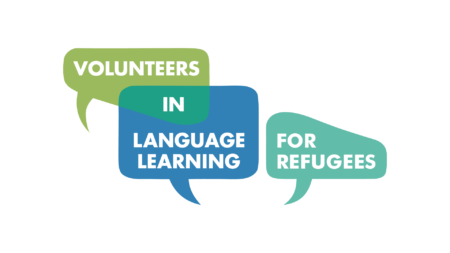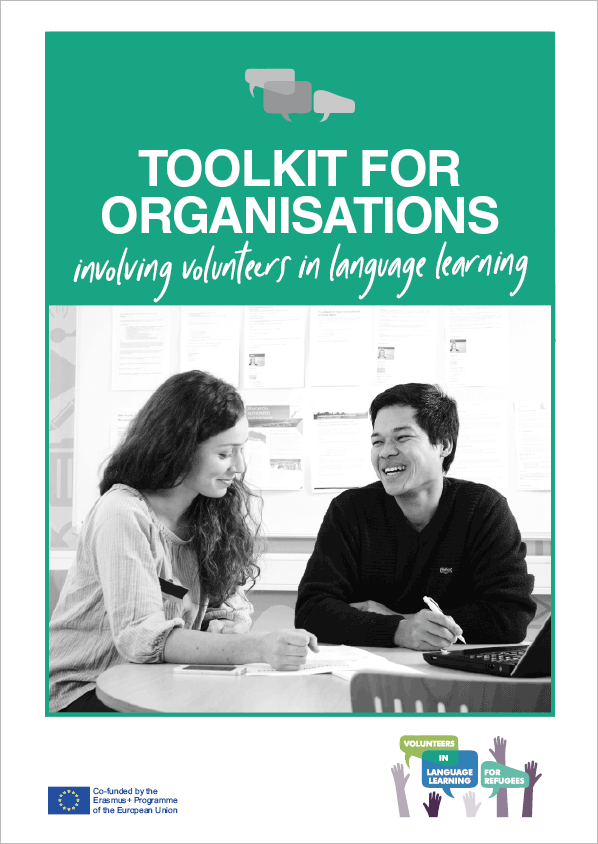Considerations before you start

If your organisation has not involved volunteers in language learning before it’s worth gaining clarity about what you’re looking for before you begin recruitment in earnest. Here you’ll find some points for reflection.
Why do we need volunteers?
Where does this need come from? Is it coming from students? Is it from your organisations’ teachers? Or perhaps you are responding directly from demand from potential volunteers themselves? It is important to consider the need as this will help you to articulate why you’re involving volunteers to the various stakeholders. You are not just introducing volunteering in your organisation because it’s the done thing!
What do we want the volunteers to do?
Describe the activities in written form as job or role descriptions. Clarify within your organisation (in most cases with the teachers) whether you have a common understanding of the volunteer role. Job descriptions should include:
- The activities volunteers will do
- The volunteers’ expected areas of responsibility
- What skills and experience you are looking for in volunteers
How many volunteers will we need?
Do you want to start small and create a pilot in one small area of your organisation, or do you have many teachers who all want to collaborate with volunteers? If you have limited experience and resources for the recruitment and management of the volunteers, it might make sense to start small.
What are the risks when involving volunteers?
Doing a risk assessment of working with volunteers can help you plan. This can be led by the volunteer coordinator but should really involve those responsible for the management of your organisation. A risk assessment should list the possible risks of involving volunteers, rank how likely they are to occur and how severe the consequences would be and then put in place some steps to mitigate the risk. Aside from a more formal risk assessment, engage in open dialogue with teachers around this and listen to and address their concerns.
Who do you want as volunteers?
You may want volunteers with particular skills, experience or characteristics. Who is the ‘target group’ you want to attract as volunteers? Be clear about this from the beginning – it will affect how you recruit. It might make sense to focus on finding volunteers:
- With specific languages
- Who live in a certain area
- Who have experiences of migration, seeking asylum or language learning
- Who come from a particular ethnic or religious background
- Who have particular skills or areas of knowledge
Writing a role description and person specification (see above), as you would do for a paid role, can help you establish your target group(s). You may want to be explicit about some of these requirements when you advertise volunteers. For example, it will be essential that volunteers are able to give a certain amount of time to volunteering and have sufficient language skills to support others to learn. Thinking about your target group will also affect where you advertise. For example, if you want volunteers from a specific institution (e.g. parents at a specific school, members of the local mosque) it makes sense to contact this institution directly and advertise through them.
What can our organisation offer volunteers?
It can be useful to articulate this in advance so it can inform how you communicate with volunteers throughout the recruitment process. The benefit for volunteers can include basic things like insurance during their placement sessions, training or development support. But for most volunteers there are other things that count, for example:
- Being part of a team or community
- learning opportunities
- respect and gratitude.
In order to get an idea of what aspects could be interesting for your volunteers, consider your target group of volunteers and their interests and needs. If you’re looking to involve volunteers from the local area, you might emphasise community, solidarity and the difference they’ll make. If you want to recruit volunteers from teacher training you might design you volunteering placements as development opportunities where they can receive mentoring and references from teachers.
“If someone is motivated to take part in a useful project it means more than just learning from German neighbours. Some of the refugees wanted to do something useful for the society they were now living in, useful for all the inhabitants of Nortorf.”
Participant, Gardening Project, Nortorf, Germany

